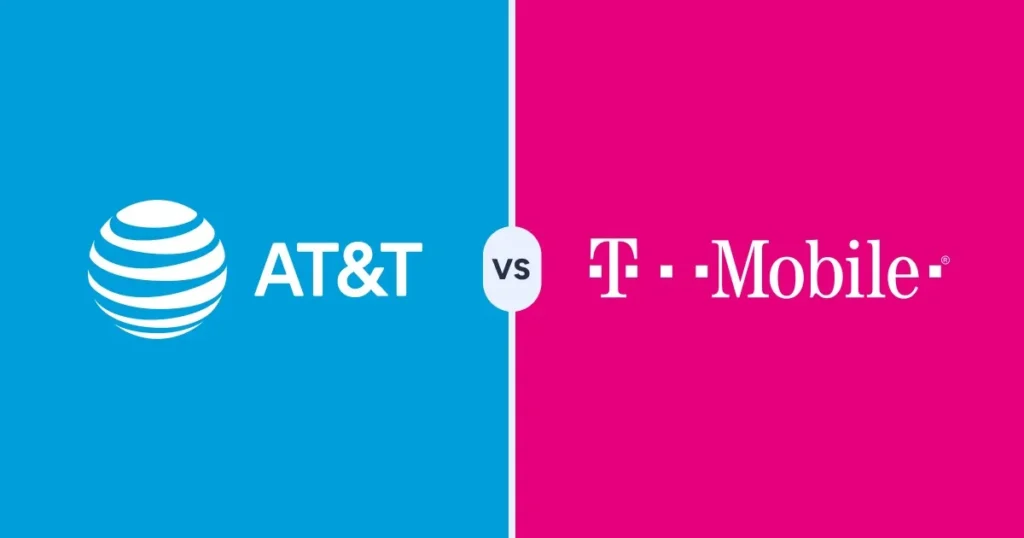It was a call that seemed legitimate. The person on the other end claimed to be from Medicare, saying they needed to verify a policyholder’s information for a “new Medicare card.” The caller ID even displayed “Medicare,” making the request appear credible. Unfortunately, the call was a scam, and the victim’s Medicare number was used for fraudulent claims.
Scenarios like this are becoming increasingly common during Medicare’s open enrollment period, which runs from October 15 to December 7. The Federal Trade Commission (FTC) has issued warnings about scammers targeting vulnerable populations, leveraging tactics like caller ID spoofing and fake outreach. For telecommunications service providers (TSPs), these scams highlight the industry’s responsibility to innovate and protect users.
Understanding Medicare Open Enrollment Scams
Open enrollment is a critical time for beneficiaries to review and update their coverage. However, it’s also a high-risk period for scams, where fraudsters:
- Impersonate Medicare Representatives: Requesting sensitive information under false pretenses.
- Use Caller ID Spoofing: Faking trusted names and numbers to appear credible.
- Exploit Trust in Digital Platforms: Setting up fake websites and social media profiles to harvest personal data1.
Such scams have severe implications, leading to identity theft, fraudulent claims, and financial losses.
The Role of Telecommunications in Consumer Protection
As the gateway for many of these interactions—whether via phone, email, or text—telecom providers are uniquely positioned to counteract these scams. Here’s how TSPs can lead the charge:
1. Advanced Call Authentication
- Implementing tools like STIR/SHAKEN protocols to identify and block spoofed calls can prevent scammers from impersonating trusted entities like Medicare.
- Telecom companies can collaborate with regulatory bodies to monitor call patterns and flag suspicious activities.
2. Proactive Customer Education
- Providers can use SMS alerts, email campaigns, and app notifications to educate users about common scams, reinforcing FTC guidance: “Medicare will never call, email, or text to ask for your personal information.”
- Telco cloud services can automate these campaigns, ensuring timely delivery during peak risk periods.
3. Secure Communication Channels
- Using secure APIs and hybrid cloud systems to validate outbound messages ensures authenticity, minimizing phishing risks.
- Telecoms can also partner with government agencies to create verified communication channels for legitimate outreach.
Best Practices for Compliance and CX Excellence
Telecom providers must balance regulatory compliance with delivering a seamless customer experience. Here are key strategies:
1. Ensure Regulatory Compliance
- Adopt Operational Support Systems (OSS) and Business Support Systems (BSS) that integrate fraud detection protocols and ensure compliance with FTC guidelines.
- Regularly audit these systems to adapt to evolving scam tactics.
2. Emphasize Personalization Without Sacrificing Security
- By leveraging Telco Cloud and Virtualized Network Functions (VNFs), providers can tailor fraud alerts to individual user behaviors.
- For example, a senior customer might receive proactive warnings during open enrollment, while a tech-savvy user gets app-based notifications.
3. Seamless Escalation and Reporting
- Equip AI-driven chatbots and voice systems to recognize scam reports and escalate them directly to fraud departments.
- Integration with Senior Medicare Patrols and FTC reporting channels streamlines this process for consumers.
The Future: AI and Fraud Prevention
Artificial Intelligence (AI) is transforming how telecom providers address fraud:
1. Real-Time Threat Analysis
AI algorithms can analyze call and data patterns, identifying anomalies indicative of scams. For instance, an unusual surge in outbound calls from a spoofed Medicare number can trigger automated blocking.
2. Conversational AI for Scam Education
Telecom providers can deploy AI-driven chatbots to educate users about Medicare scams, answering FAQs and guiding them on how to verify legitimate outreach.
3. Predictive Modeling
Machine learning models can predict high-risk periods (like Medicare open enrollment) and proactively implement safeguards, such as geo-targeted scam warnings.
Challenges and Opportunities for Telecom Providers
While the fight against fraud is complex, it offers telecom providers an opportunity to reinforce trust and loyalty among users:
1. Build Trust Through Transparency
Communicating clearly about security measures builds consumer confidence. For example, notifying users about blocked spoofed calls in real-time demonstrates proactive action.
2. Invest in Omnichannel Strategies
Consumers interact across platforms—phone, text, email, and apps. Ensuring consistent fraud prevention across these channels enhances CX.
3. Collaborate Across Industries
Partnering with government agencies, healthcare providers, and tech companies can amplify efforts to curb scams. For instance, integrating verified Medicare communication into telecom platforms can eliminate ambiguity for users.
Safeguarding Consumer Trust
Medicare open enrollment scams underscore the critical role telecommunications providers play in safeguarding consumer trust. By combining advanced technology, proactive education, and seamless compliance, TSPs can protect vulnerable populations while setting new standards in customer experience.
In an era of increasing digital threats, the message is clear: telecom providers must be more than service enablers—they must be stewards of trust and security.
Sources
www.aarp.org/health/medicare-insurance/info-2020/what-is-medicare.html
www.moaa.org/content/publications-and-media/news-articles/2024-news-articles/finance/avoid-fraud-during-open-enrollment-season/#:~:text=A%20recent%20Federal%20Trade%20Commission,out%20a%20new%20Medicare%20card.
www.al.com/news/2024/11/medicare-alert-feds-issue-open-enrollment-warning.html
consumer.ftc.gov



